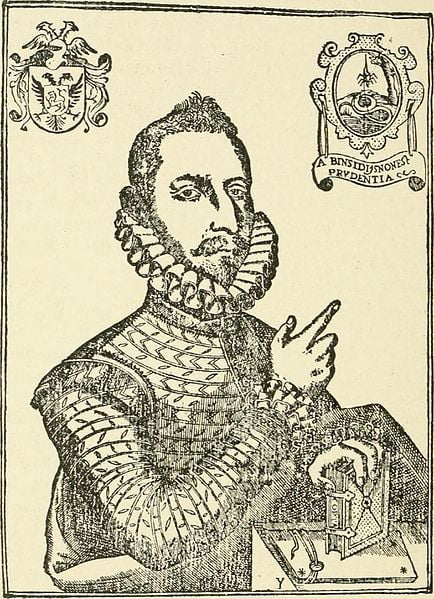The social responsibility of the individual increased. Man, with his joys and sorrows, successes and failures, pressures and dreams, gradually became the bearer of the new secular culture, which was created during the last decades before the Liberation.
The Liberation of Bulgaria in 1878 saw only five and a half million Bulgarians inhabiting Dobrudzha, Moesia, Thrace and Macedonia. After the Union of Eastern Rumelia with the Bulgarian Principality of 1885, one third of them remained outside the state borders. Those Bulgarians were subjected to permanent assimilation.
Bulgarians from Macedonia and Thrace, Romania and Besarabia participated actively in the building of the new Bulgarian state: their hope for a common future. The events in the neighboring states where some Bulgarians lived echoed clearly in “Mother Bulgaria”. “United Bulgaria” was an ideal, which generated a natural sense of common belonging but the efforts of one or two generations to implement it brought about some unexpected perils as well.
Tamovo Constitution
The personal rights and freedoms of the Bulgarians are closely related to the national liberation. According to the Tamovo Constitution (1879), every “slave” who sets foot on Bulgarian soil becomes free. The Bulgarian state awards equal rights to its citizens without any difference of ethnic origin or religious affiliation.
Representatives of all communities, members of political parties, may be elected to Parliament. The citizens of the Bulgarian state have equal rights to education, healthcare and in the eye of the law. The country is sought not only by Bulgarians under persecution but also by foreign asylum seekers.
Because of the fact that human and civil rights for all are observed in the Bulgarian state, Bulgarians in neighboring countries fought for similar conditions of life. When words could not achieve their objectives, the oppressed took up arms.
Supreme Macedonian Odrin Committee
The Internal Macedonian Odrin Organization (1893) and the Supreme Macedonian Odrin Committee (1895) set up a guerrilla movement in Macedonia and Southern Thrace whose climax was the Ilinden Preobrazhenie Uprising of August 1903. The will for freedom forced the European powers to start reforms in Macedonia in order to preclude the spread of the revolution where the national element was mixed with the social element.
At present, the rights of the Bulgarian minorities abroad are being respected based on the mutual friendly interstate relations.
The problem of people in the civilization history of the Bulgarians has ever been free of the “racial problem” therein. Despite their ethnic origin, people came about in a close association, which turned them into a nation. There is no doubt that this is one of the most humane achievements of the Bulgarian civilization.
Read More about Second Battle with Heresy part 13








